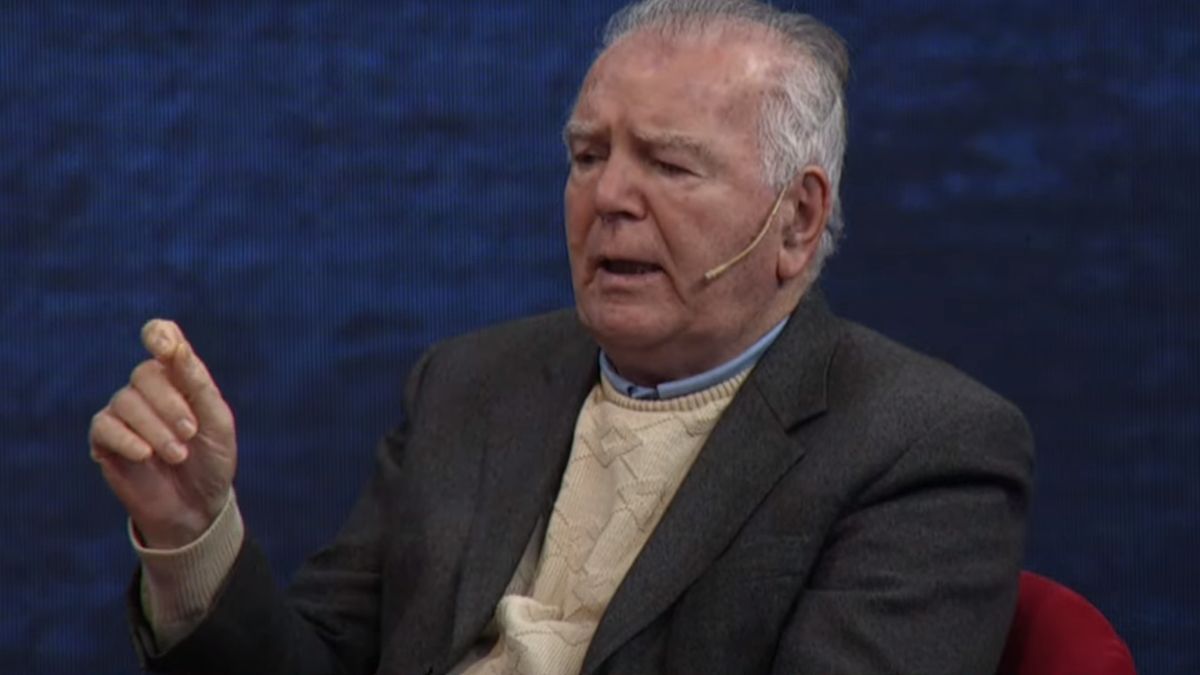Now, with the formal entry into force of the DNU signed by Javier Milei, on the eighth day since its publication in the Official Gazette, renting in accordance with the legislation becomes very different.
The changes introduced by DNU 70/2023 are significant and have the potential to generate a significant modification in the rental market.
The early materialization of President Javier Milei’s promise to repeal the Rental Law marked a milestone in the real estate market. This event took place last week with the signing of the Decree of Necessity and Urgency (DNU), whose purpose is to deregulate fundamental sectors of the economyfocusing especially on the rental market.
The content you want to access is exclusive to subscribers.
This milestone not only captured the attention of the various actors in the sector, but also triggered a scenario of expectations and debates. According to a recent survey conducted by Real Estate Report86.4% of participants celebrate this measure, considering it a necessary change.


Now, with the formal entry into force of the DNU signed by Javier Milei and his ministers, on the eighth day since its publication in the Official Gazette, Starting today, renting in accordance with the legislation in Argentina will be very different.
These are the main changes compared to the two laws that weighed on the activity in the last two years and what were the legal frameworks that, this Friday, ceased to exist.
He Decree of Necessity and Urgency 70/2023 proposes changes that apply to all home rental contracts entered into as of December 22, 2023, grant greater autonomy and flexibility to the contracting parties, but may also generate uncertainty about their consequences.
Main changes
- Contract term: The term of housing rental contracts is agreed by the parties without a legal minimum. If the term is not specified in the contract, it will be two years.
- Rental value adjustment: the parties can freely agree on the adjustment of the rental value using any index, public or private, in the same currency of the contract. This eliminates the obligation to use the Lease Contract Index (ICL) or the Casa Propia index.
- Periodicity of adjustments: Freedom is granted to determine how often the contract will be updated, eliminating the previous semiannual minimum.
- Contract currency: Contracts can be made in pesos or foreign currency, and the tenant cannot demand payment in a currency other than the agreed upon one.
- Limited judicial intervention: Judges cannot modify the form of payment, the agreed currency or the stipulations of the contracts, except at the request of one of the parties and when authorized by law.
- Bonds and guarantee deposits: The parties freely determine the amounts and currency of the bonds or guarantee deposits, as well as their return.
- Frequency of payments: The freedom to agree on the frequency of payment is maintained, with the restriction that it not be less than monthly.
- Termination of contract: The tenant can terminate the contract at any time, paying 10% of the balance of the future rental fee, or if the owner does not maintain the unit in suitable conditions. The owner can also do it, but the DNU does not establish costs for that case. It must be agreed in each contract.
- Non-registration in AFIP: It is no longer necessary to register rental contracts with the Federal Public Revenue Administration (AFIP).
Main differences with previous regulations
- Contract term: The minimum term of housing rental contracts went from three years to two years.
- Adjustment of the rental value: The parties can freely agree on the adjustment index, without being obliged to use the ICL or the Casa Propia index.
- Qperiodicity of adjustments: The parties can freely agree on the periodicity of the adjustments, without being obliged to make them semiannually.
- Contract currency: Contracts can be made in pesos or foreign currency, allowing owners to collect in dollars or euros.
- Limited judicial intervention: Judges have a more limited intervention in the resolution of conflicts related to rental contracts.
- Bonds and guarantee deposits: The parties can freely agree on the amounts and currency of the bonds or guarantee deposits.
- Qperiodicity of payments: Payments can be made monthly, without the need to establish shorter terms.
- Termination of contract: The tenant can terminate the contract at any time, paying 10% of the balance of the future rental fee. The owner can also do it, but the DNU does not establish costs for that case.
Impact of changes
The changes introduced by DNU 70/2023 are significant and have the potential to generate a significant modification in the rental market.
Source: Ambito




